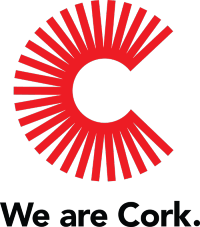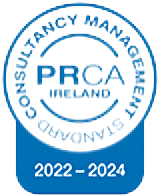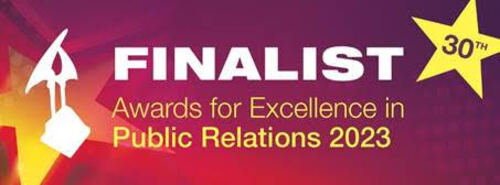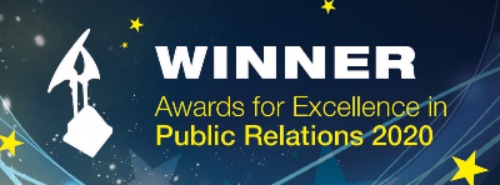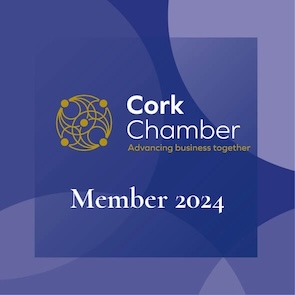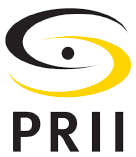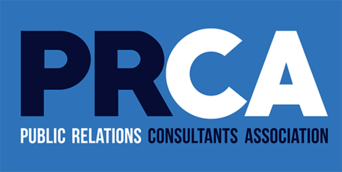Preserving Public Trust: The Importance of Ethics in Public Relations
While all professionals have a duty to act with integrity, those of us working in PR and strategic communications bear an especially significant responsibility. This is because we craft messaging and disseminate information that has the potential to shape public discourse and influence beliefs on a mass scale.
The materials we produce have the power to influence opinions, alter perceptions, and potentially impact decision-making across diverse audiences, including government. This persuasive element of PR elevates our epistemic duty, precipitating an ethical obligation to convey truths and facts with utmost care and credibility.
PR practitioners are trusted to provide an objective and accurate window through which the media and the masses view the organisations we represent. The press often depends on us to provide accurate, transparent, and impartial accounts that they can confidently report on and amplify to their audiences. In this way, we represent the first link in a cascading chain of communication that ultimately reaches and informs the public.
In ensuring that we remain faithful to our ethical standards, through advising guiding frameworks such as the Code of Lisbon and the Code of Athens, we can play our part in impeding or reversing the erosion of public trust in media. In turn, we have a role in defending the free flow of truthful information that underpins a healthy democracy.
Unfortunately, we don’t have to look far to see the negative consequences of this erosion of trust and increased flow of mistruths. The dissemination of disinformation, misinformation, half-truths and overtly biased narratives has fuelled division, polarisation, facilitated the spread of harmful conspiracy theories, and proliferated disorientation and mistrust across society..
On a more industry-specific level, ethical breaches also risk great harm. If PR practitioners abdicate our ethical obligations towards truth and accuracy, we risk relinquishing our role as credible information sources and tarnishing the reputation of the entire PR industry.
With this in mind, clarity, fairness, and truthfulness must continue to be foundational to all communications efforts. The PR industry has an earnest duty to resist any temptation towards spin, embellishment, or obfuscation – even when those tactics may seem to offer short-term advantage for a client or employer. If pressed to do so, practitioners must take steps to clearly communicate this as, in truth, acquiescing to such demands does not risk just ethical harm but also reputational harm.
Our credibility as individual practitioners and agencies, and by extension the credibility of the entire industry, hinges on our ability to navigate the complexities of modern communication whilst holding steadfast to our ethical principles. Only through continued dedication to these values can we continue to sustain the trust placed in us as essential conduits of information.
In today’s landscape of misinformation and eroding public trust, the PR industry’s role as an honest broker has never been more crucial. It is a responsibility we must perpetuate and continually reinforce, safeguarding the flow of truth that allows our pluralistic society to engage, debate, and make informed decisions. Otherwise, the consequences could be stark.

